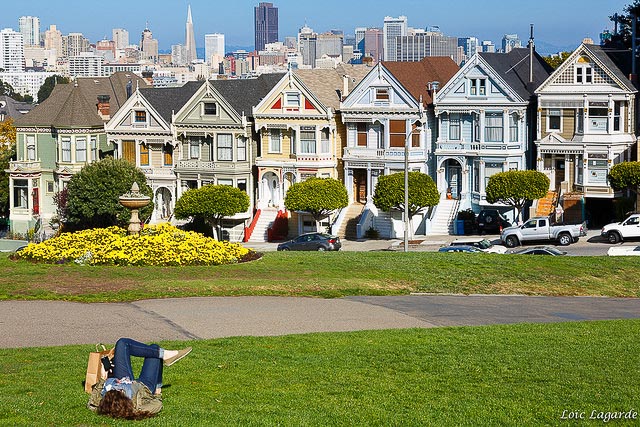While the Urban Edge strives to provide readers with daily news and insights about urban policy, we’re also voracious readers of city news ourselves. As part of a new weekly feature, senior editor Ryan Holeywell and the staff of the Kinder Institute highlight the week’s most interesting articles from around the web about urban policy and city life.
Why White House Economists Worry About Land-Use Regulations
Land-use and zoning discussions are usually confined to local boards and city councils. But now, the White House is talking loudly about the topic too. That’s because the administration believes restrictions are discouraging housing production and thus increasing costs for would-be buyers, the Wall Street Journal reports. Removing artificial housing supply constraints and increasing mobility “is going to be an important part of the solution of increasing incomes and increasing incomes across generations,” said Jason Furman chairman of the White House Council of Economic Advisors.
How Mobile, Alabama, Used Instagram to Address Blight
After winning a $1.65 million grant to address blight, Mobile, Alabama officials realized they had a problem: they didn't know exactly how many blighted properties they had. So city workers started using Instagram to document all the problem properties. Eventually, the city's GIS team stepped in to help, and before too long, officials had documentation on all 1,256 blighted properties, Governing reports.
A Leisure Deficit Is Killing Suburbia
Urban areas are gentrifying because white-collar workers can no longer spare the time it takes to commute to the suburbs, Leonid Bershidsky argues in Bloomberg View. He highlights research showing when prices used to be higher in the suburbs than in urban centers and how that’s flipped over the last 30 years. Meanwhile, since 1990, the number of skilled people working at least 50 hours per week has grown steadily. As a result of those long hours, there’s more demand for a shorter commute, which is often the only way to find extra time for leisure. His proposed solution: “Actively getting people to stay at home for work could pay off for cities and families, and it would do companies no harm.”
Toronto Wants to Turn the Underpass of a Highway Into a Major Public Park
Earlier this year, Toronto leaders rejected a plan to tear down the elevated Gardiner Expressway. But now, residents may be getting the next best thing: an unusual park right below the roadway, City Lab reports. The facility will include a mile-long trail and dozens of spaces for programming, events and shopping. Planners hope to finish the first phase by 2017 and have already secured major philanthropic contributions.
Building a Bikeable Atlanta With an Eye on Equality
Fewer than 1 percent of Atlanta residents are cyclists. But the city is making progress. A new bike share program will debut next year, and the city just hired its first chief bicycle officer. Next City reports on efforts to introduce bicycling to communities across Atlanta.

